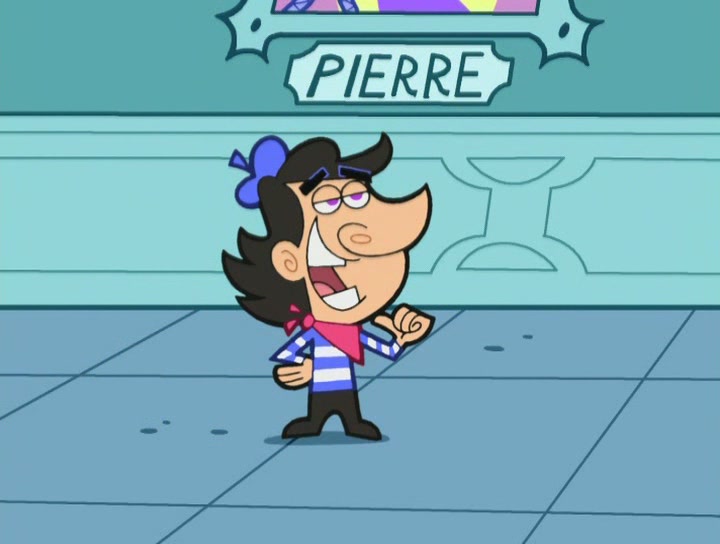If you have been keeping up with this blog you might have noticed a small trend. I like France. Thus the common stereotype of the “baguette wielding smoker” kind of pushes my buttons. If you have lived here in the United States long enough, you have definitely noticed an odd anti French sentiment. I have an entire post I made earlier on how preposterous the idea of an America despising a Frenchman is from a an idealistic/societal point of view. But what I want to touch on here is the actual subject matter of the stereotypes and their false nature.

So I shall start with what these deep seeded stereotypes actually are. They are everywhere in cartoons and media. We see the Frenchman as some sort of large nosed snobby and nasal voiced man. This depictions gives the impression of the Frenchman being snobby and arrogant. Media also often depicts the Frenchman as culturally hostile towards anything not French. Somehow people think that all Frenchmen are Gaulist extremists. When in fact, the French have been some of the most culturally accepting people I have ever met. People have made the mistake of thinking the opposite because of misunderstandings. For instance, you always here of bad experiences with the French when visiting France and being met with unexplained hostility. What people do not realize most of the time is that they were strutting around Paris imposing English upon those around them. For some reason, when a lot of tourists do not speak the native language they attempt universal communication through speaking loudly and and slowly through phrases like ” WH-ERE IS THEE EI-FEl TO-WER??”. Would you be offended if some foreigner came up to you screaming in their native tongue asking where the statue of Liberty is? The French are put in the situation where they are in the most visited country in the world and deal with uninformed tourism all day long. The extremely simple way to prevent offending a Frenchman in France would be just making very simple attempts to understand their culture and language. Perhaps even admitting that your French is not very good and you need a little help. Many in France do speak quite a bit of English and would be willing to help, provided that you put in some effort of your own.
Being a little more respectful will lead you to having a much better impression of the French and their culture. This will also lead you to be able to appreciate some of the finer more subtle aspects of their daily life. For example, the French greatly value mental health through leisure. So if you take a little time to appreciate their culture you might find that you are refreshed by their lack of urgency that consumes American culture. You will feel relaxed and glad that you took the time to understand a culture that we have historically been very hostile to, despite our ideological alliance.
